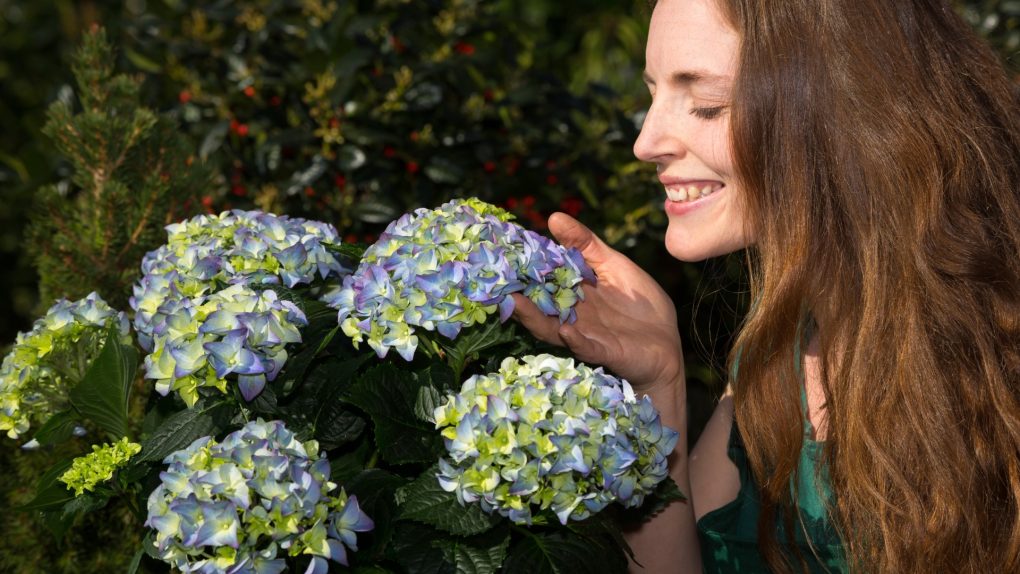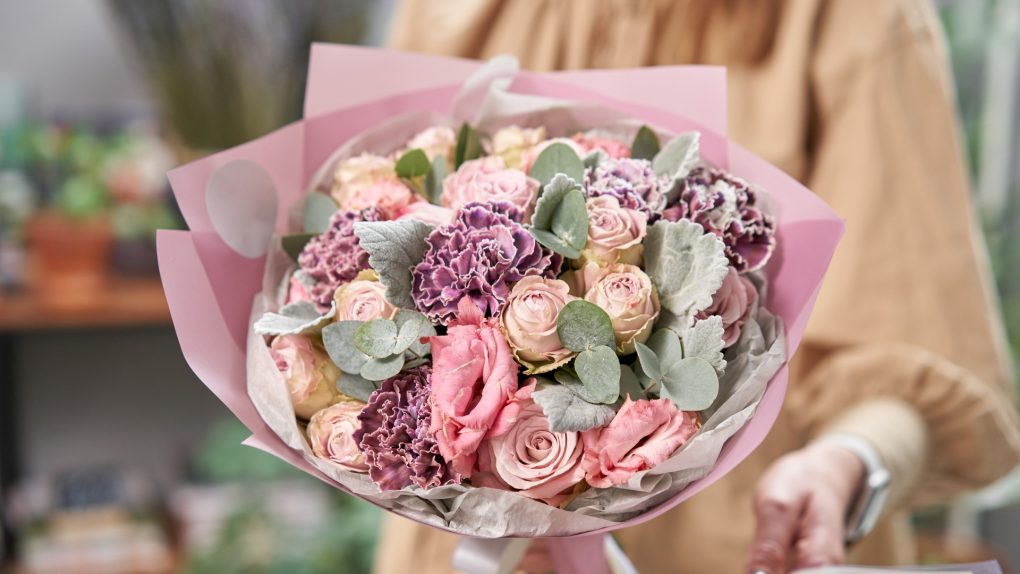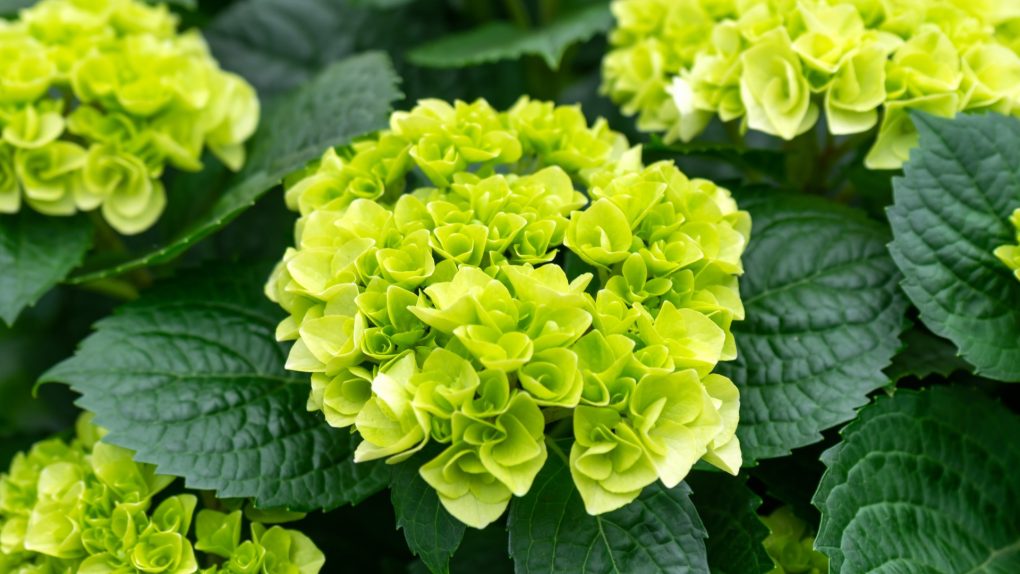What Does Hydrangea Smell Like? A Comprehensive Guide to the Flower’s Aroma
Hydrangeas are popular ornamental plants known for their large and showy flowers. They come in various colors and shapes, making them a favorite among gardeners and flower enthusiasts. However, one aspect that is often overlooked is their fragrance. Many people wonder what hydrangeas smell like, and whether they have a pleasant aroma.

While some hydrangea varieties are highly fragrant, others lack this characteristic. The scent of a hydrangea can vary depending on the species and cultivar. Some have a sweet and floral smell, while others have a fruity or slightly sour scent. Certain varieties, like the blue hydrangea, exude an earthy fragrance similar to sandalwood and islands.
Table of Contents
Hydrangea Fragrance
Factors Affecting Hydrangea Scent
Hydrangeas are known for their beautiful blooms, but not all have fragrances. The scent of hydrangea can vary depending on several factors, including:
- The variety of hydrangea
- The age of the flower
- The time of day
- The weather
Some varieties of hydrangeas, such as the blue hydrangea, have an earthy scent that can be reminiscent of sandalwood and islands. Others, like the lacecap variety, have a sweet smell. The Annabelle hydrangea is the most fragrant cultivar, and has a strong, sweet scent that is often compared to the smell of honey.
Describing the Hydrangea Smell
When describing the smell of a hydrangea, it can be difficult to put into words. Some people describe it as sweet and floral, similar to jasmine. Others say it has a fruity smell or is slightly sour. The scent of a hydrangea can also be affected by the weather and time of day. On a warm day, the fragrance can be more intense, while in the early morning or late evening, it may be more subtle.

Overall, the scent of a hydrangea can be a delightful addition to any garden or bouquet. Whether you prefer a sweet, floral fragrance or something more earthy, there is a hydrangea variety for everyone.
Hydrangea Varieties and Their Scents
Hydrangeas are known for their beautiful blooms, but not all varieties have fragrances. Here are some of the most common hydrangea varieties and their scents:
| Variety | Scent |
| Bigleaf Hydrangea | Most varieties of bigleaf hydrangea are not fragrant. However, the ‘Wedding Gown’ cultivar has a sweet perfume-like fragrance. |
| Paniculata Hydrangea | Paniculata hydrangeas have a sweet, honey-like fragrance. The ‘Limelight’ cultivar is particularly fragrant. |
| Smooth Hydrangea | Smooth hydrangeas are not known for their fragrance. |
| Climbing Hydrangea | Climbing hydrangeas have a light, sweet fragrance that is most noticeable in the evening. |
It’s important to note that the scent of hydrangeas can vary depending on the cultivar and growing conditions. Some people also have a more sensitive sense of smell than others, so what one person finds fragrant may not be noticeable to someone else.
Hydrangeas are primarily grown for their beautiful blooms rather than their fragrance. However, if you’re looking for a fragrant variety, consider the ‘Wedding Gown’ bigleaf hydrangea or the ‘Limelight’ paniculata hydrangea.

Hydrangea Scent in Popular Culture
Hydrangeas have been a popular garden plant for centuries, and their beauty and scent have been celebrated in popular culture.
In literature, hydrangeas have been mentioned in various works. For example, in the novel “The Great Gatsby” by F. Scott Fitzgerald, the character Daisy Buchanan is described as wearing a dress “the color of hydrangeas.” In the novel “Memoirs of a Geisha” by Arthur Golden, the protagonist describes the scent of hydrangeas as “sweet and heavy.”
Hydrangeas have also been featured in art and music. In the painting “Hydrangeas” by Claude Monet, the flowers are depicted in soft, pastel colors, evoking a sense of tranquility and calm. In the song “Hydrangea” by Japanese singer-songwriter Yumi Matsutoya, the flower is a metaphor for a lost love.
Overall, hydrangeas have become a beloved symbol of beauty and grace in popular culture, with their scent adding to their allure.
